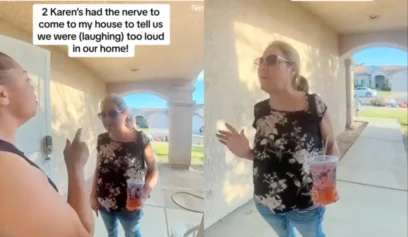In one of the last remnants of the financial crisis that brought the U.S. and world economies to their knees, the federal government is about to file a civil suit against Standard & Poor’s, the bond rating agency that the government believes was complicit in the collapse of Wall Street by giving fraudulently high ratings to mortgage-backed securities.
The rating agency and the Justice Department had been in settlement talks, but the negotiations broke off when the government concluded that S&P would have to pay a settlement of upwards of $1 billion, which is more than its parent company, McGraw-Hill, earned last year. McGraw-Hill brought in profits of $911 million last year.
This would be the first time the government has gone after one of the ratings agencies in the wake of the financial scandal, though it’s not clear why Justice singled out just S&P. Each of the ratings agencies had clearly-identified conflicts of interest in the scandal that brought down Wall Street, because the agencies were being paid by the financial firms at the same time as they were being hired to rate the products of the firms.
The Justice Department is looking to bring a civil suit against S&P, rather than a criminal case, according to The New York Times, because civil cases have a lower burden of proof. Justice will likely bring the case in California for two reasons: The housing bubble disproportionately hurt California, and the government is hoping California would have more sympathetic jurors.
Prosecutors have gathered troves of emails from S&P employees to help its case.
While the government hasn’t officially announced the suit, S&P issued a statement today saying it had received notice from the Justice Department over a pending lawsuit.
According to S&P, a legal action would be baseless because it downgraded plenty of mortgage-backed investments, and that other observers of the debt market, including government officials, also felt problems in the housing market weren’t as severe as they turned out to be.
“A D.O.J. lawsuit would be entirely without factual or legal merit,” the agency said. “With 20/20 hindsight, these strong actions proved insufficient – but they demonstrate that the D.O.J. would be wrong in contending that S&P ratings were motivated by commercial considerations and not issued in good faith.”


